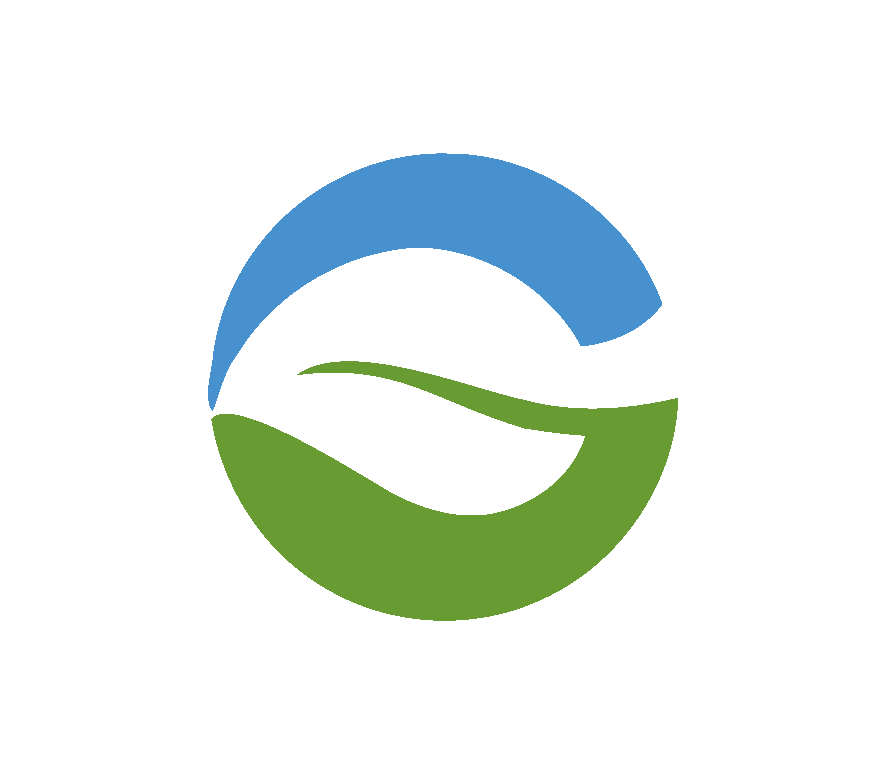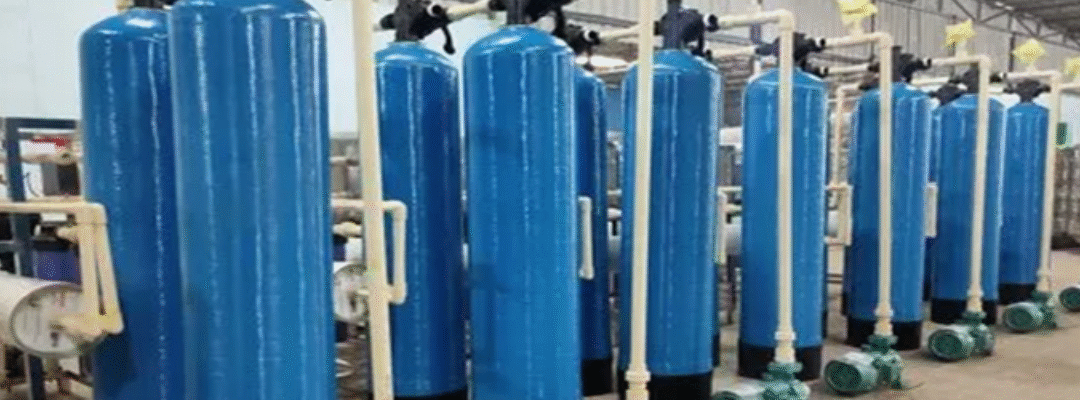Water quality plays a vital role in every business — from manufacturing and food processing to healthcare, hospitality, and commercial operations. The presence of dissolved salts, chemicals, and microorganisms can directly impact product quality, machinery performance, and compliance with regulatory standards.
To address these concerns, many industries are adopting Reverse Osmosis (RO) Water Plants as a dependable and efficient solution. These systems do more than purify water — they safeguard your operations, enhance efficiency, and offer long-term savings.
In this article, we’ll highlight the key benefits of installing an RO water plant and explain why RO-treated water is trusted across diverse industrial sectors.
Top Benefits of Installing an RO Water Plant for Your Business
a) Ensures High-Quality Process Water
RO systems remove up to 99% of dissolved impurities, including salts, heavy metals, and microbial contaminants. This results in high-quality water for manufacturing, cleaning, and cooling — essential for industries like food, beverage, textile, and pharmaceuticals.
b) Reduces Maintenance Costs
Untreated or hard water leads to scale buildup and corrosion, causing frequent breakdowns in equipment. RO-treated water minimizes mineral deposits, improving the longevity and performance of pumps, boilers, and cooling systems — and significantly reducing repair costs.
c) Improves Product Quality
In sectors like beverages, healthcare, and personal care, water quality directly affects product formulation. RO purification ensures consistent purity, helping businesses maintain high product standards and global compliance, especially for export-focused production.
d) Promotes Energy Efficiency
By preventing scaling in heat exchangers and boilers, RO water improves thermal conductivity, reducing fuel consumption and increasing operational efficiency. This translates into lower energy bills and better equipment uptime.
e) Environmentally Friendly Operation
Modern RO systems are equipped with wastewater recovery and recycling features, reducing the burden on freshwater sources. They also help businesses lower their dependence on bottled or tanker water, supporting sustainability and ESG goals.
f) Long-Term Cost Savings
Though initial installation may require investment, RO plants offer excellent return on investment (ROI) through reduced maintenance, improved energy efficiency, and fewer equipment failures — leading to predictable long-term cost control.
g) Ensures Compliance with Industrial Standards
Industries like pharma, F&B, and electronics require water that complies with BIS, WHO, or ISO standards. RO-treated water supports consistent compliance and audit readiness across regulated processes.
Why RO Treated Water Is Safe and Reliable for Industries
a) Consistent Purity and TDS Control
Reverse Osmosis systems provide stable TDS levels and water quality regardless of input variation. This consistency ensures reliable performance across production batches.
b) Removes Harmful Contaminants
RO purification removes:
- Heavy metals: Lead, arsenic, mercury, fluoride
- Excess salts and hardness
- Chlorine and industrial chemicals
- Microbes, organic particles, and suspended solids
This makes RO-treated water suitable for even the most sensitive industrial applications.
c) Protects Industrial Equipment
RO water eliminates the root cause of corrosion and scaling, protecting key equipment like boilers, chillers, and pipelines. This leads to fewer breakdowns and longer equipment life.
d) Enhances Workplace Safety
In critical sectors like pharmaceuticals and dairy, water contamination can lead to health risks and product recalls. RO treatment ensures water meets microbiological safety benchmarks, enhancing both worker and consumer safety.
e) Versatile Across Industries
RO-treated water serves multiple purposes, including:
- Textile & Dyeing: Prevents fiber damage and shade inconsistency
- Power Plants: Supplies mineral-free water to turbines and boilers
- Food & Beverage: Maintains hygiene and flavor consistency
- Electronics: Delivers ultra-pure water for cleaning components
- Pharmaceuticals & Chemicals: Minimizes formulation contamination risks
f) Reliable Automation & Operation
Today’s RO systems include automatic flushing, pressure sensors, and PLC-based controls, ensuring smooth, low-intervention operation. This allows teams to focus on core operations while water treatment runs seamlessly in the background.
Competitive Advantages for Businesses
Installing an RO water plant goes beyond regulatory compliance — it delivers strategic benefits:
- Consistent production quality and enhanced brand trust
- Reduced downtime and maintenance needs
- Higher operational output and yield
- Extended equipment durability
- Eco-conscious, cost-effective operations
Frequently Asked Questions (FAQs)
Q1. Why should industries install RO water plants?
To ensure water quality, protect machinery, and meet industry-specific compliance standards — all while improving cost efficiency.
Q2. What contaminants are removed by RO systems?
RO eliminates dissolved salts, heavy metals, bacteria, chlorine, and chemical pollutants, providing safe water for industrial use.
Q3. How often should an industrial RO plant be serviced?
Perform preventive maintenance every 3–6 months. Filter and membrane replacement intervals depend on water quality and usage intensity.
Q4. Is RO-treated water suitable for all industrial applications?
Yes. RO water purity can be adjusted to meet the specific needs of different industrial processes — from general cleaning to ultra-pure applications.
Q5. Does RO treatment help reduce energy and maintenance costs?
Absolutely. By reducing scaling and corrosion, RO enhances energy efficiency and lowers equipment maintenance and downtime.



Recent Comments